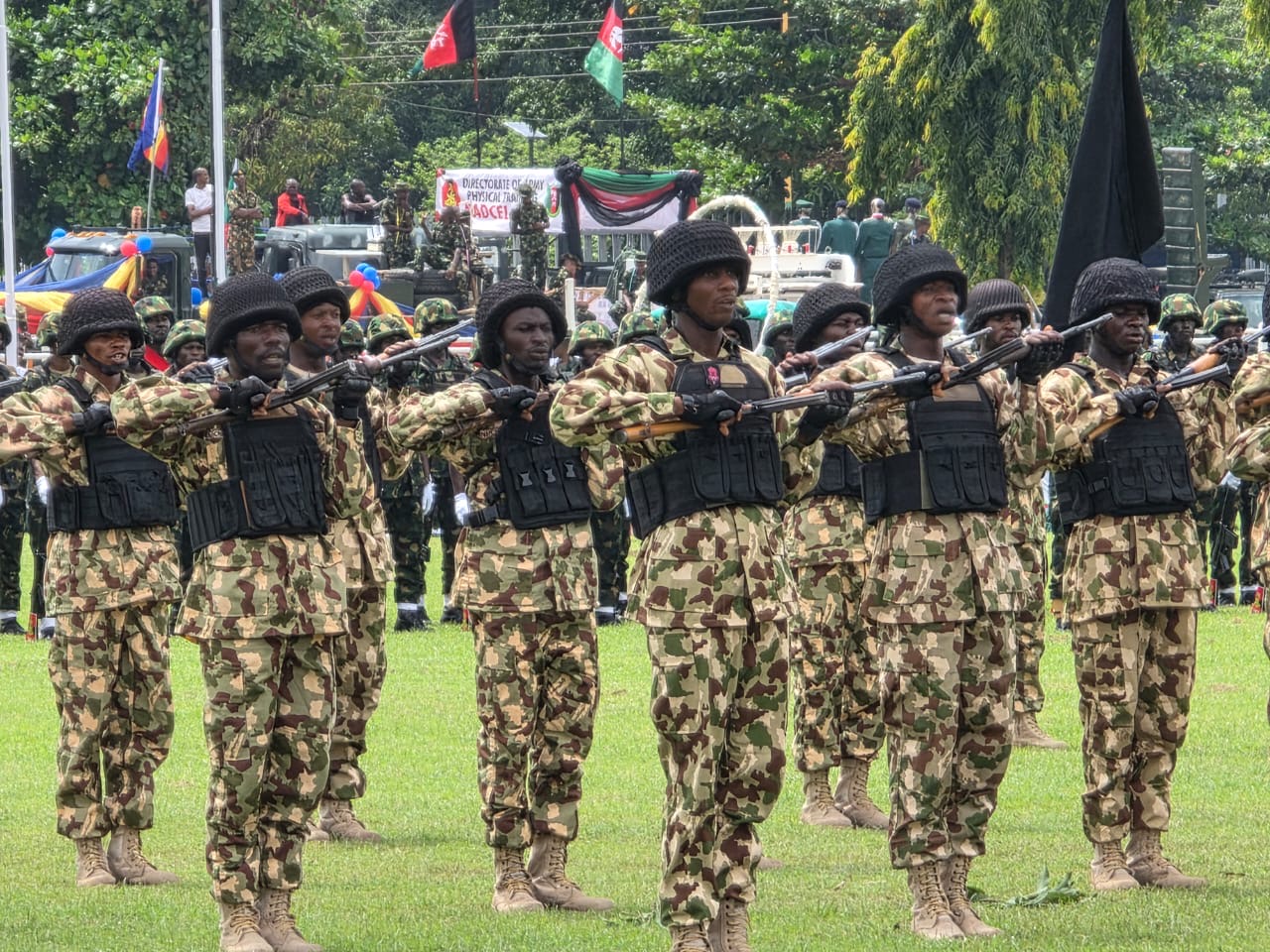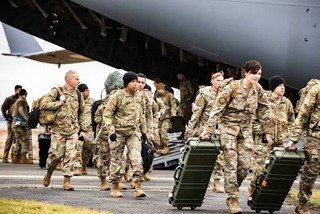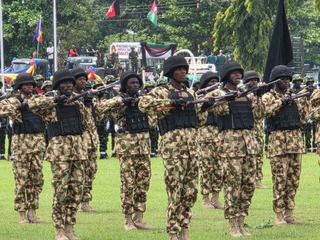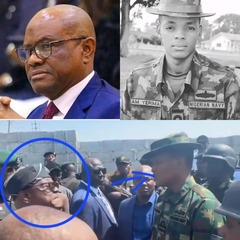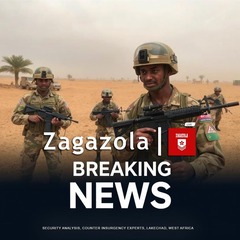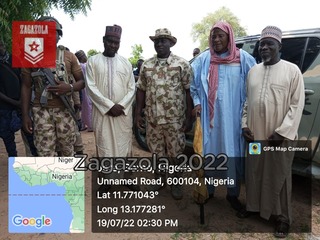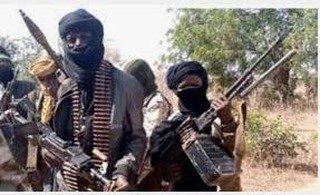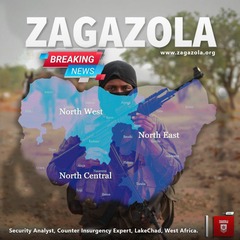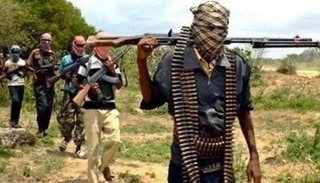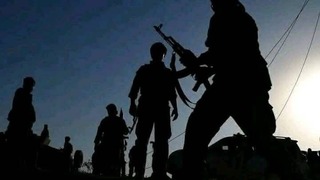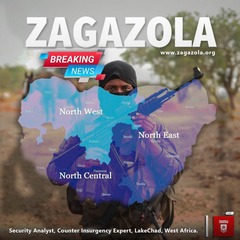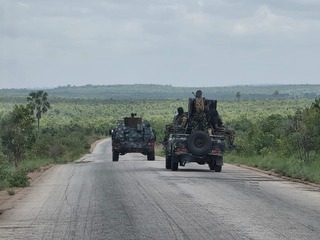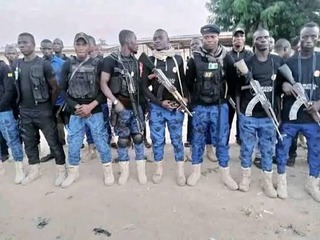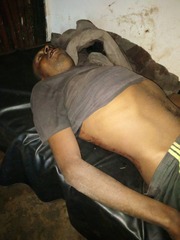Nigerian Army reaffirms strength, transformation at 2025 Army Day Celebration
By: Zagazola Makama
As the Nigerian Army marks its 162nd anniversary, the message resounding across the parade ground in Kaduna State is clear: the Nigerian Army of today is not only resilient but is also infused with modern, state-of-the-art equipment, platforms, and capabilities to confront and deter any threat to the nation.
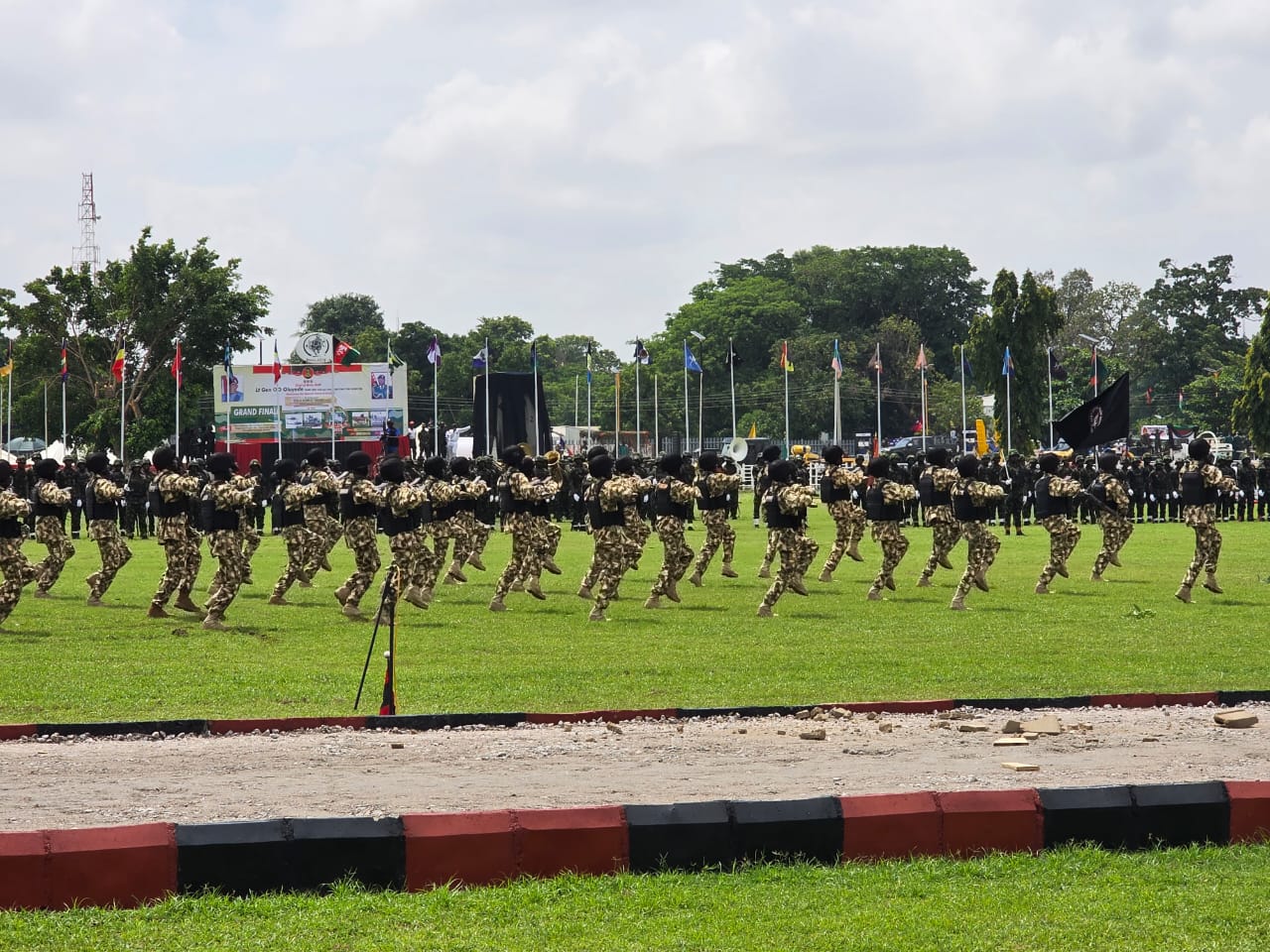
This year’s Nigerian Army Day Celebration (NADCEL), themed “Developing the Soldier First Concept: A Priority for Nigerian Army’s Transformational Drive,” goes beyond pomp and pageantry. It reflects a deep-seated institutional transformation and renewed focus on the welfare, capability, and combat readiness of the Army’s rank and file.
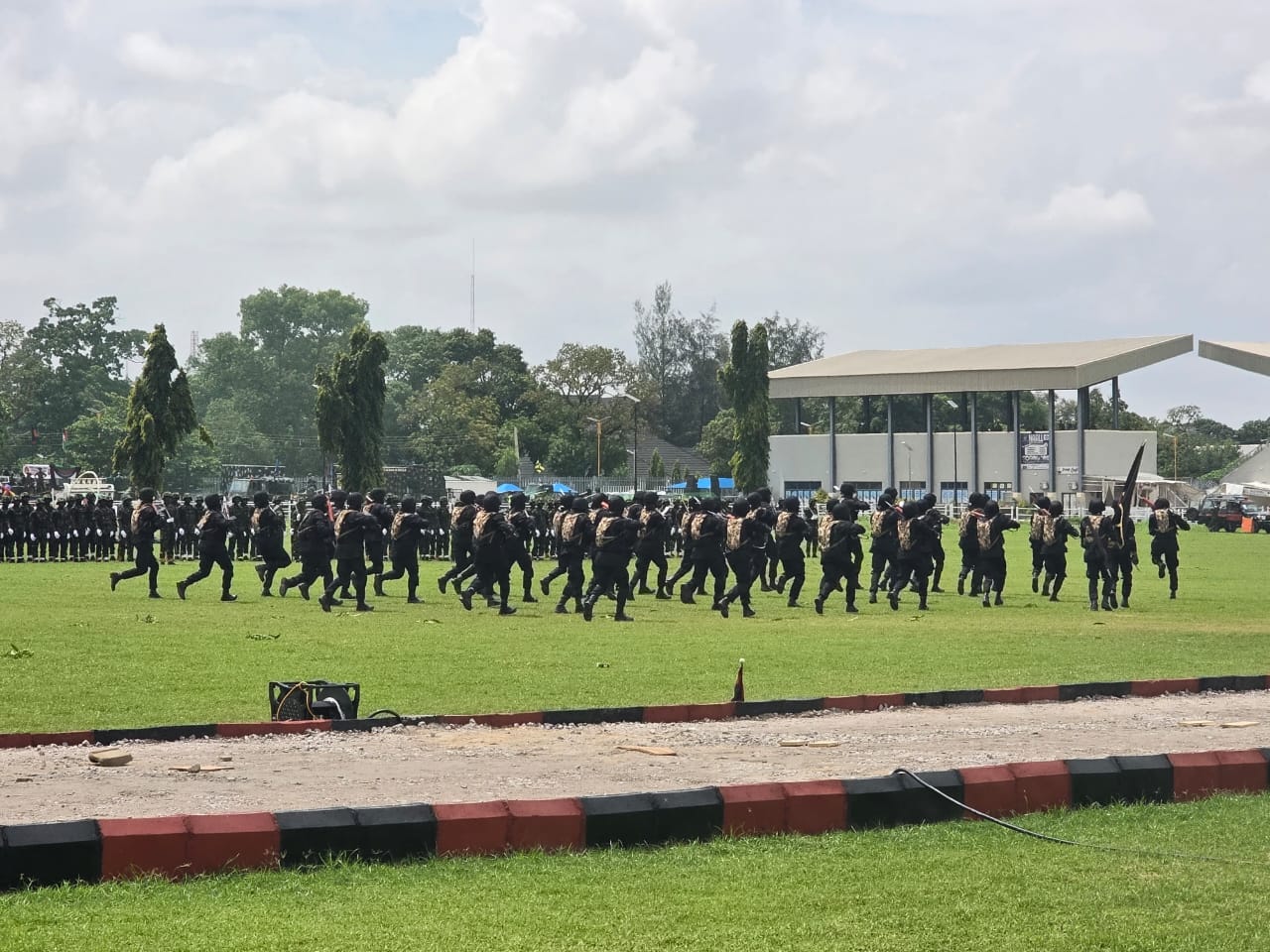
The 2025 celebration, which attracted top dignitaries including the Vice President of Nigeria, Senator Kashim Shettima (representing the President), former Head of State, Gen. Yakubu Gowon (rtd), The Chief of Defence Staff, Gen Christopher Musa, Chief of Naval Staff in Nigeria is Vice Admiral Emmanuel Ikechukwu Ogalla, and the Chief Of Air Staff, Air Marshal Hassan Abubakar, ably represented, Governor of Kaduna state, Sen Uba Sani and other dignitaries, showcased the Nigerian Army’s steady journey from a modest 18-man unit formed in 1863 to a formidable force confronting contemporary security challenges across multiple theatres of operation.
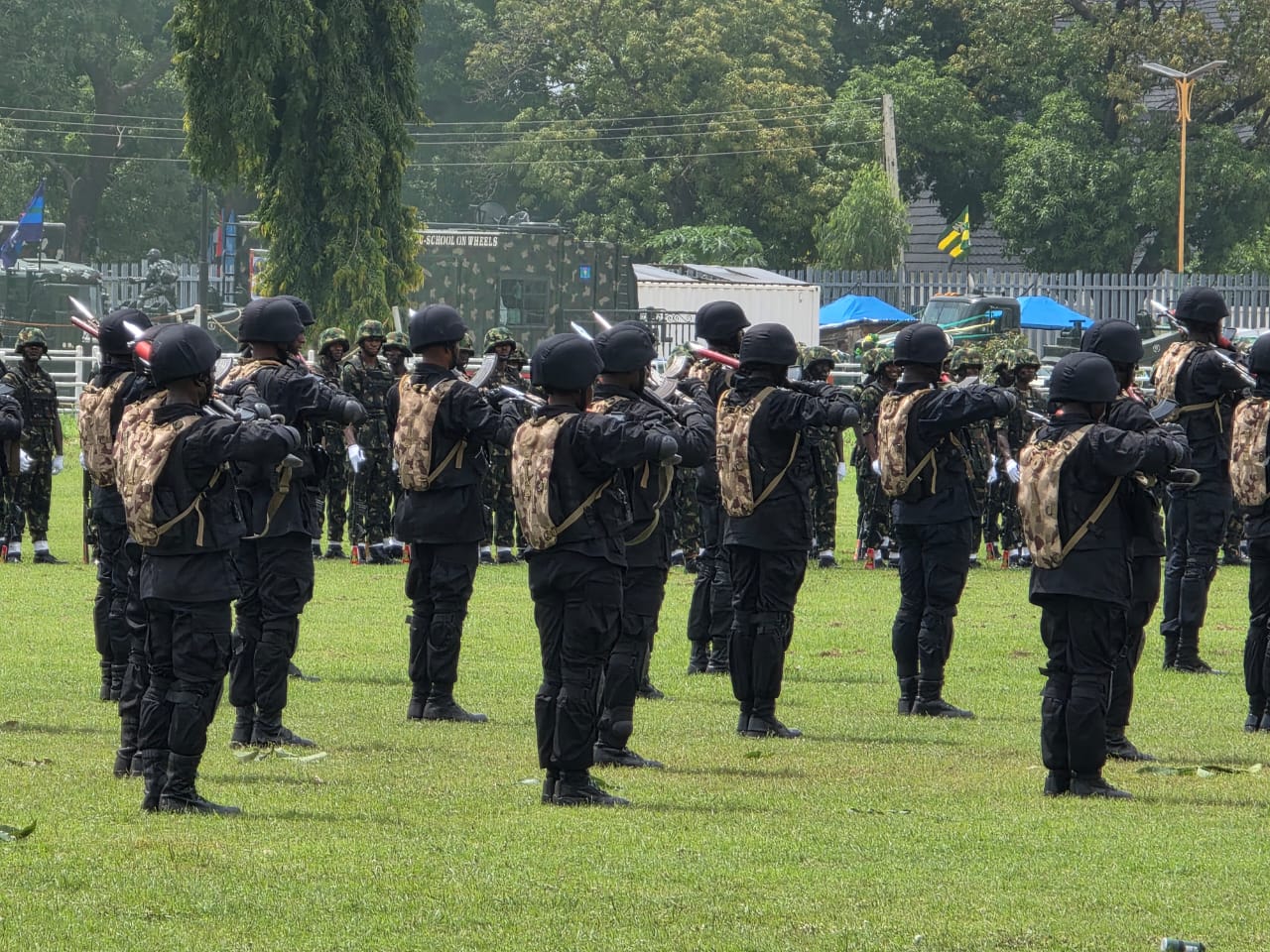
In his keynote address, the Chief of Army Staff (COAS) said the Army has undergone considerable transformation in both structure and equipment, noting that what has remained unchanged is the unwavering spirit, discipline, and courage of Nigerian soldiers over the years.
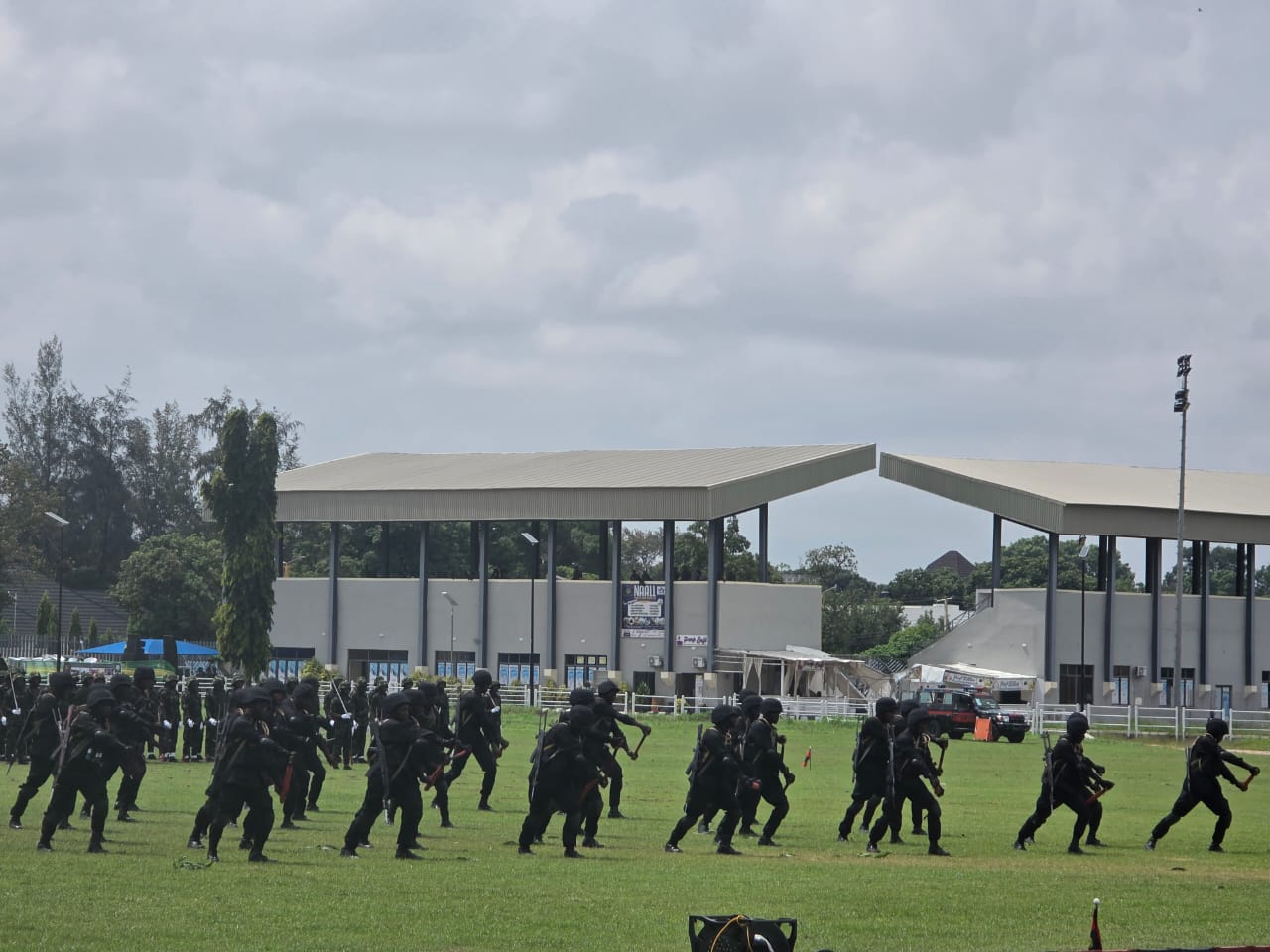
“This year marks 162 years since the establishment of the Nigerian Army. It began with a group of 18 men, known as the Glover Hausas, organized into a force under Lieutenant Glover of the Royal Navy,” he said.
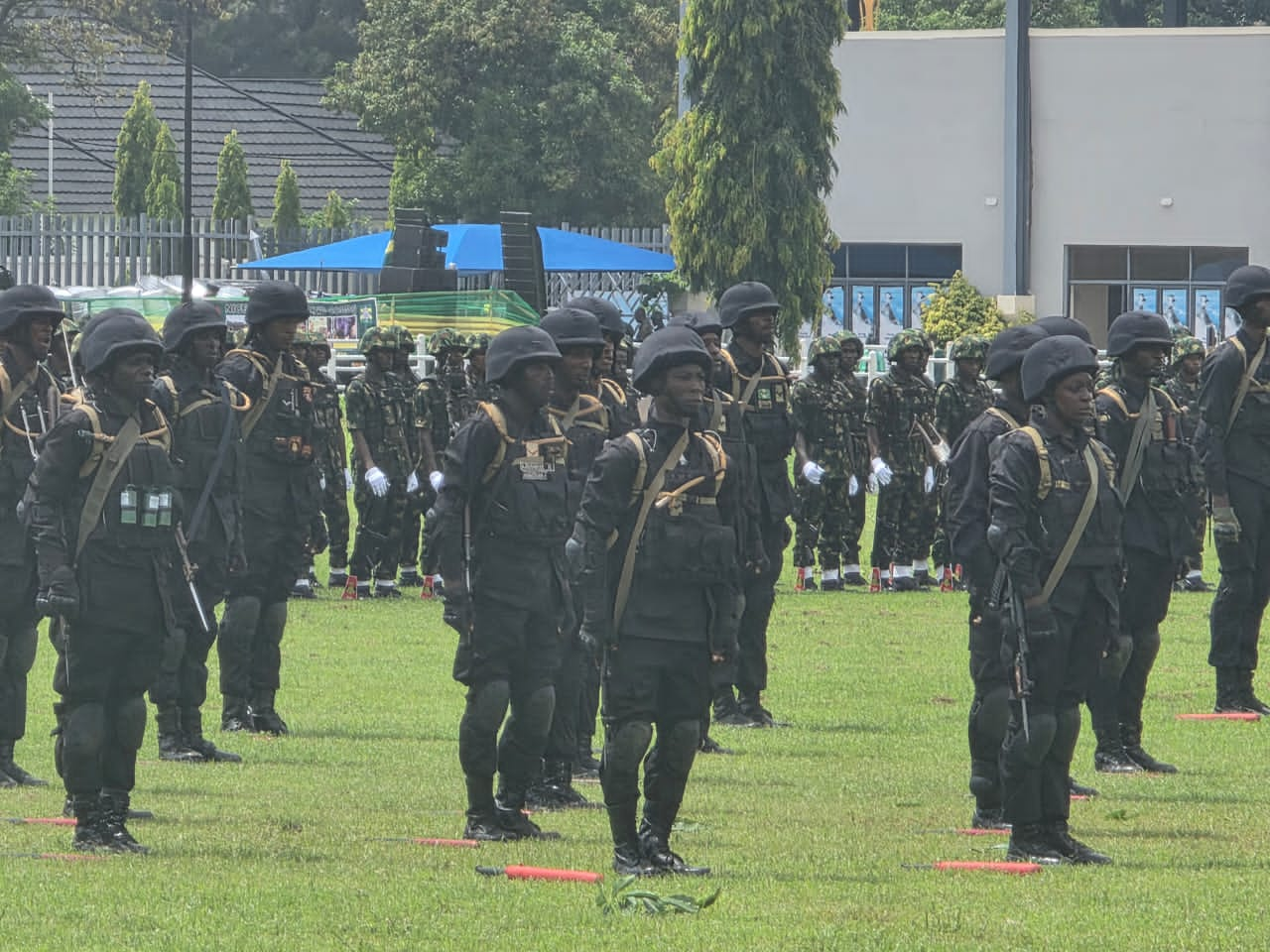
“The Nigerian Army of today has been infused with modern and state-of-the-art equipment, platforms, and capabilities to confront as well as deter any threat to the country. While we may be uncertain of what the future holds, we are certain of our capabilities in the present,” he declared.
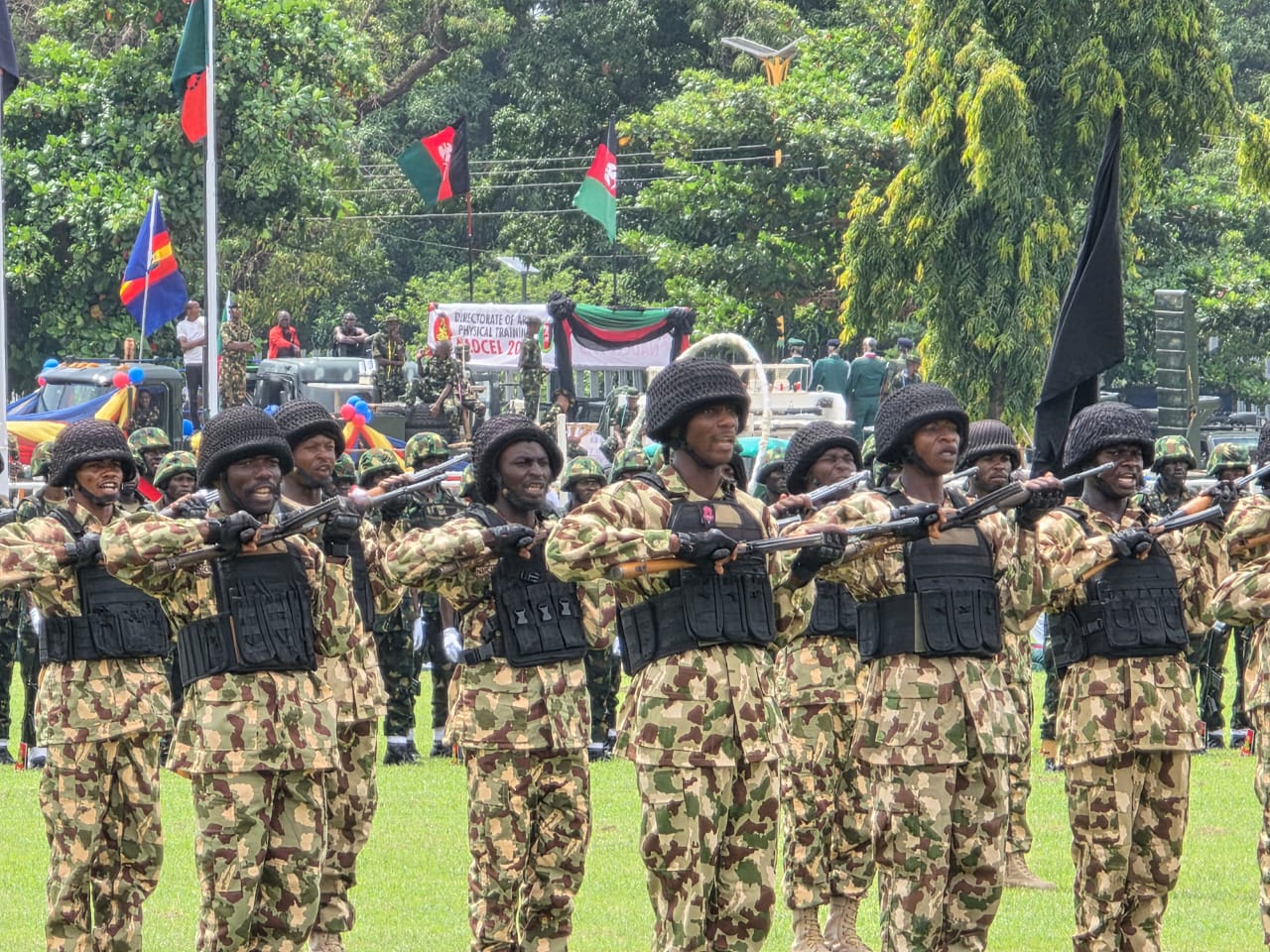
He emphasized that these capabilities were not merely symbolic but functional—designed for deterrence, swift response, and operational superiority across land-based domains.
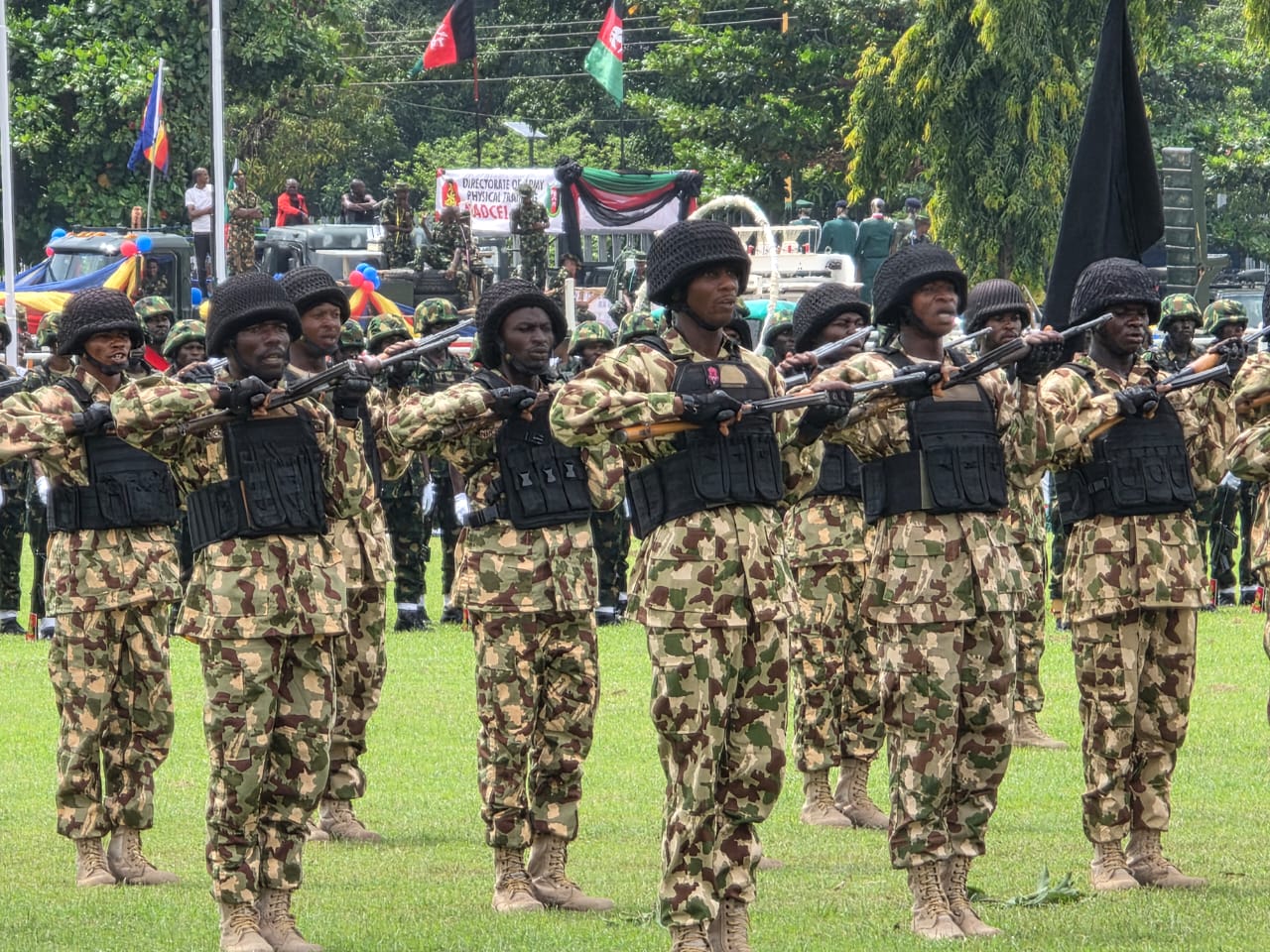
The 2025 NADCEL theme reflects a strategic pivot towards strengthening the human element of national defence. The “Soldier First” initiative seeks to prioritize training, responsive leadership, medical care, welfare, and the overall morale of soldiers. According to the COAS, a well-trained and well-equipped soldier is Nigeria’s first and best defence against internal and external threats.
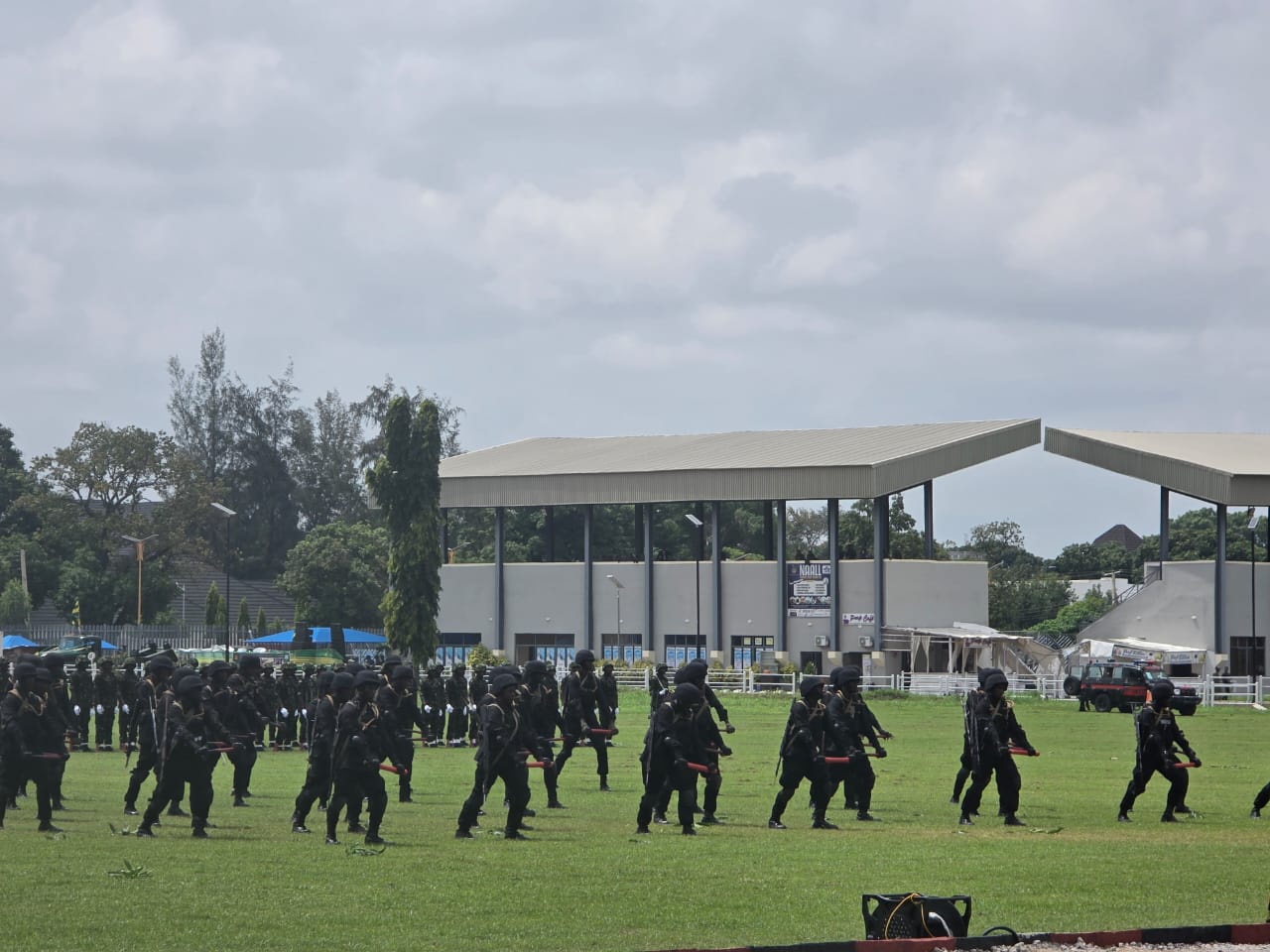
“In the face of mounting security threats ranging from insurgency to banditry, the Nigerian Army has recognized the need to re-centre the fighting force around the soldier,” he explained.
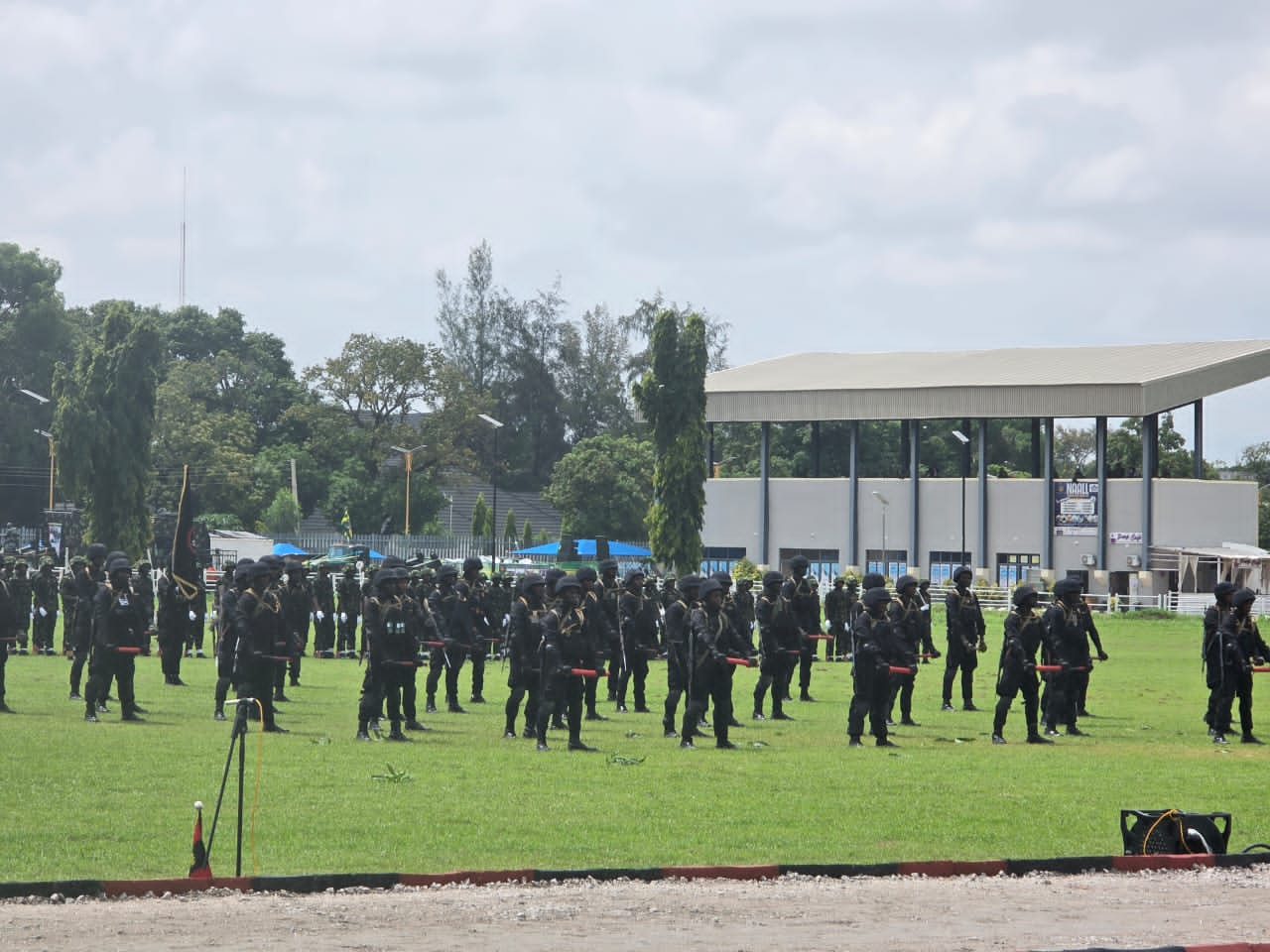
“This includes not only providing high-tech platforms, but also the physical and psychological readiness that defines military effectiveness.”
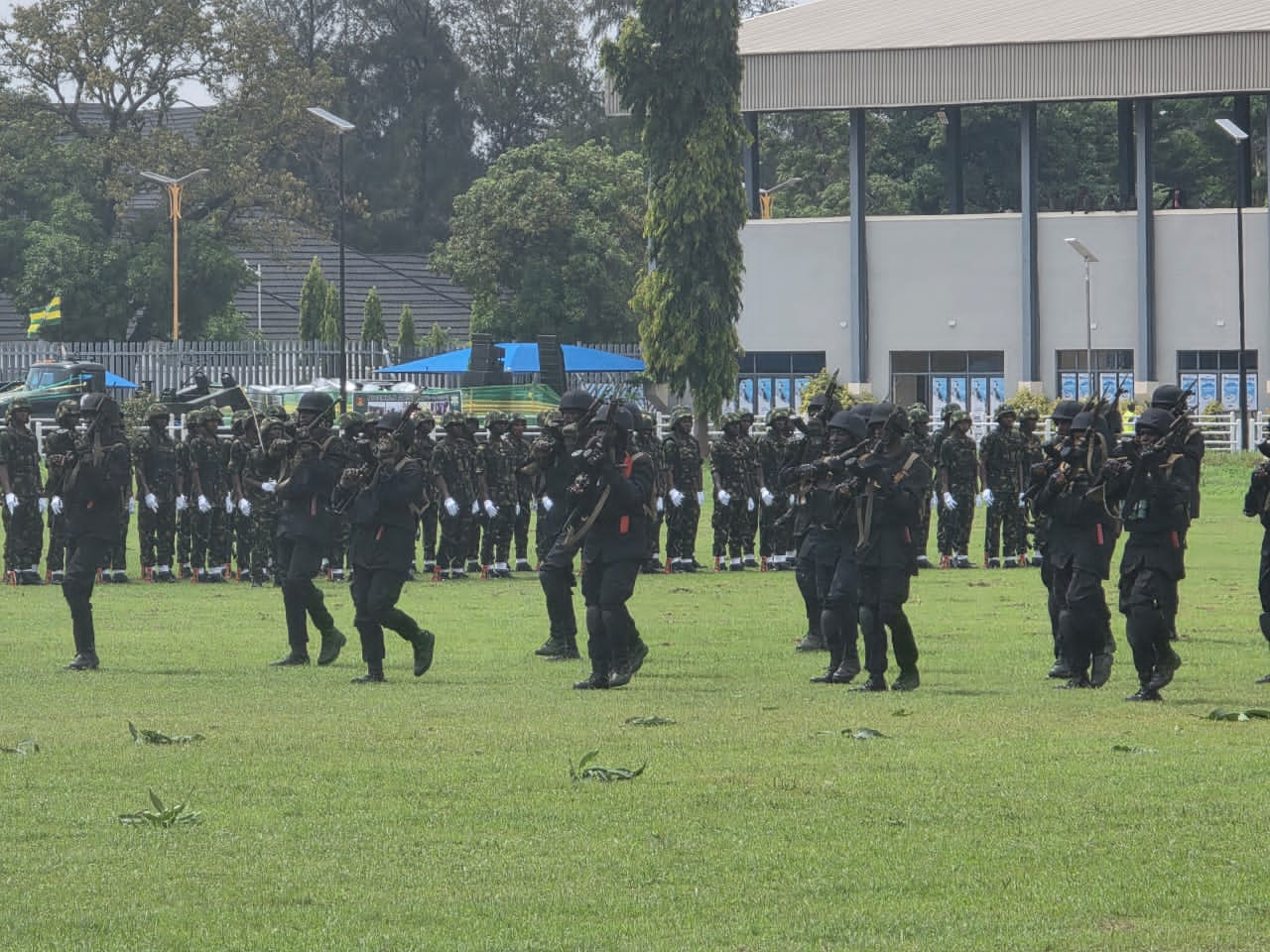
The COAS also used the opportunity to address Nigeria’s current security situation, which he described as “challenging but not insurmountable.” He assured Nigerians that Army formations across the country remain focused and committed, operating in synergy with sister services and other security agencies.
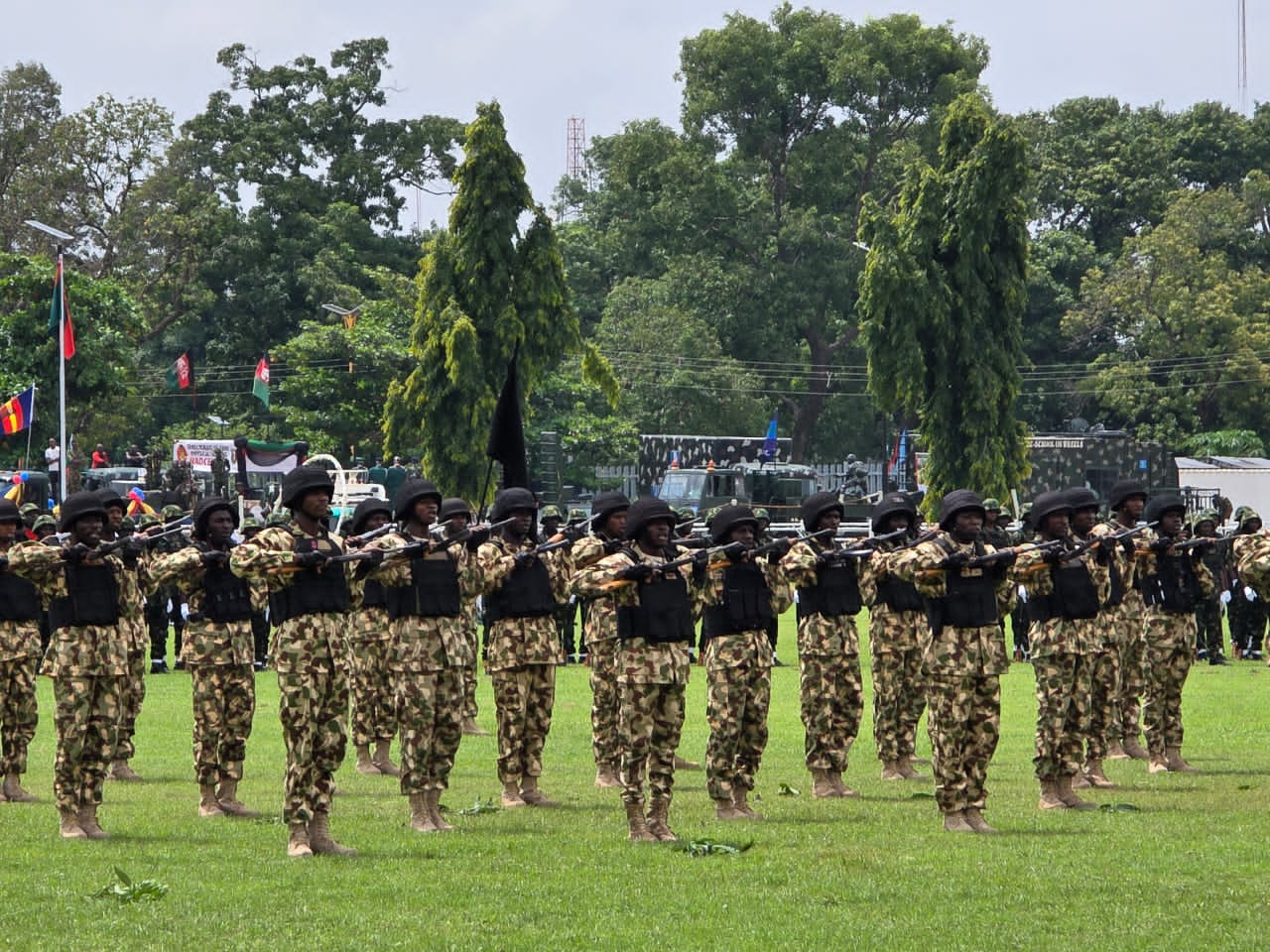
“Enemies of peace continue to perpetrate terrorism and other criminalities, but our forces have successfully denied them the space to operate freely,” he said.
He added that recent operations have benefited greatly from new surveillance technologies, armored vehicles, and weapons systems acquired in recent years.
“We are not just responding to threats; we are building capabilities to anticipate and neutralize them before they take root,” he stressed.
He reiterated the Army’s commitment to professionalism and respect for human rights in all areas of deployment. He called on law-abiding citizens, especially those living near Army operations, to understand that all military activities are aimed at defending and not oppressing the civilian population.

The COAS also issued a strong charge to commanders in the field, urging them to remain relentless in executing decisive, coordinated offensives and to uphold force protection.
“Be bold, be strong, be ingenious, and be audacious. Every military operation taken must be geared towards one clear objective mission success,” he declared.
The Nigerian Army expressed gratitude to President Bola Ahmed Tinubu, Grand Commander of the Order of the Federal Republic, for his consistent support, strategic direction, and investment in military modernization.
The Army also extended its appreciation to the Nigerian Army Officers’ Wives Association (NAOWA) and the Nigerian Army Soldiers’ Wives Association (NASWA) for their sacrifices in maintaining family and morale among troops.

The force that began with 18 men has evolved into a strategic institution with layered capabilities across air-mobile operations, special forces deployment, cyber intelligence, and electronic warfare. With its soldier-first strategy, the Nigerian Army is moving not only to defend but to dominate the evolving threat environment of the 21st century.

